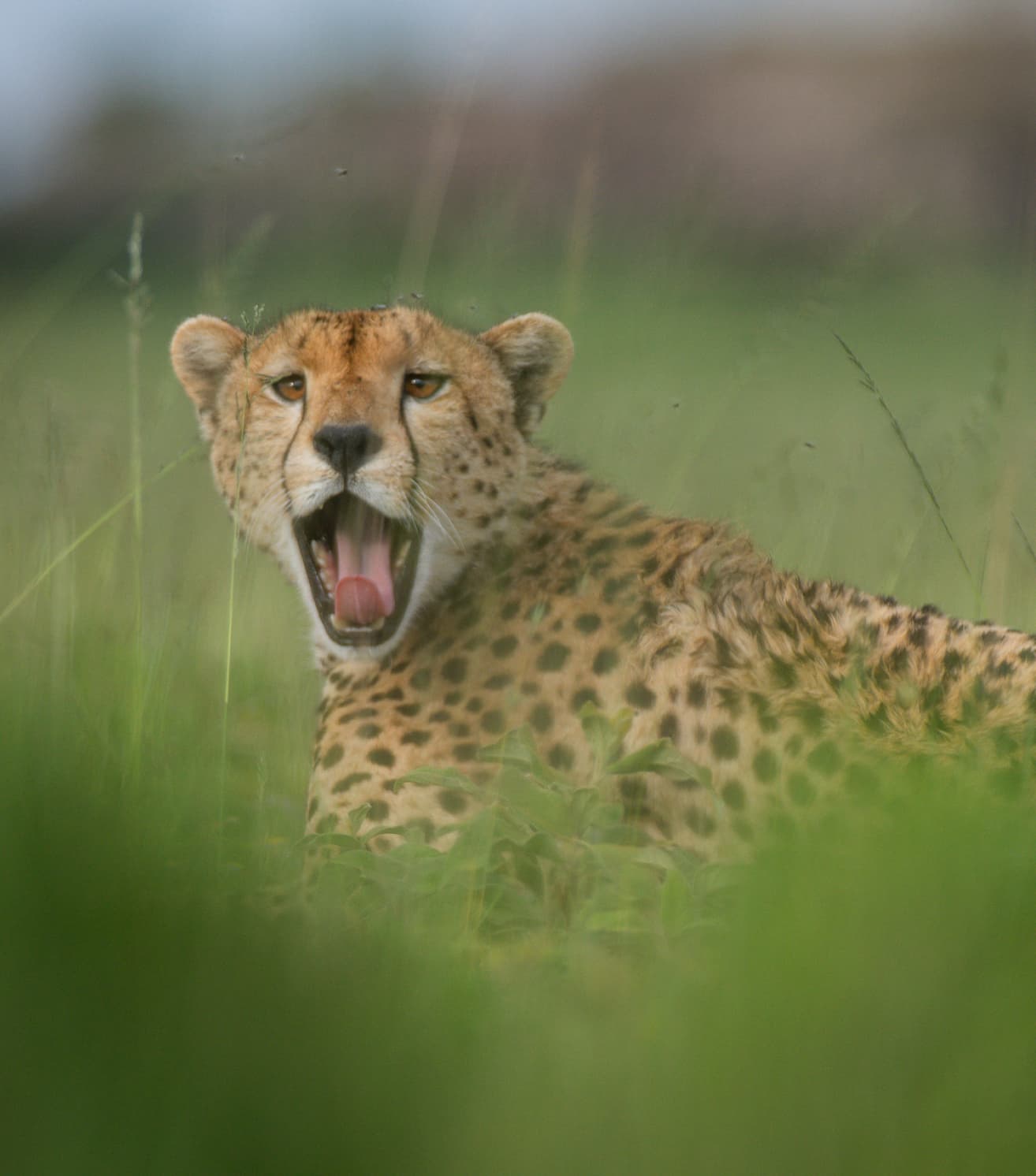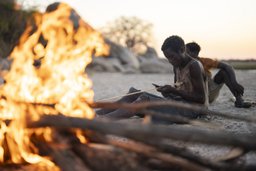HANDS THAT SHAPE OUR CAMPS
In Tanzania, traditional craftsmanship is more than heritage. It’s livelihood, knowledge, resilience, and pride. For us, supporting local artisans isn’t simply a design choice. It’s about enabling tangible social empowerment in the regions we work. By sourcing all possible materials locally, we choose to invest directly in Tanzanian makers, many of whom operate in community-driven initiatives, disability inclusion projects, or small independent workshops. This kind of engagement not only strengthens the quality and character of our camps but also supports meaningful work, generational skill-sharing, and the continued survival of culturally rooted crafts. The decision to work this way comes with costs. Locally made often means slower and more expensive, but the value it adds to people’s lives and to the authenticity of our spaces is immeasurable.
Across our camps, you’ll find textiles handwoven by master weavers and leather furnishings, both crafted in Arusha. You’ll also find intricate baskets and mats made by women’s groups in Iringa and Makuyuni, as well as pottery pieces created by local artisans in Makuyuni, Arusha and Moshi. Select furniture is produced in collaboration with Arusha-based ‘fundis’ (the colloquial Swahili term for a craftsman) in small-scale workshops. Our partners include social enterprises such as Neema Crafts, Sanaa, and Shanga, organisations that empower people with disabilities by offering them meaningful work in design and production.
In Arusha, the story of our hand-made fabrics begins with Mzee Minja, a 75-year-old weaver who studied in Japan under a Tanzanian government scholarship. After returning, he founded his own workshop when the national weaving programme was dissolved, and now trains new generations in dyeing and weaving techniques. His work, along with that of fellow talented local weavers, features throughout our camps in the form of durable, beautifully woven fabrics, which are showcased in our dining and lounging spaces. These aren’t just decorative items, they’re pieces of lived experience and technical mastery. While we provide a design brief, much of what they create is led by their own artistic direction.
In Iringa, we source baskets from a women’s weaving group and furnishings from Neema Crafts, a well-established social enterprise that employs and trains people with disabilities. From textiles and furniture to lighting and decorative objects, their work consistently demonstrates high quality and supports an inclusive, self-sustaining model that extends beyond craft into community development.
In Arusha, we partner with Sanaa and Shanga, two social empowerment projects that also support people with disabilities through the creation of recycled glassware, textiles, and handmade décor. Like Neema Crafts, their ethos closely aligns with our own. The items they produce are designed to last, and every piece purchased helps to sustain local employment in sectors that are often excluded from formal economies.
Our furniture comes from fundis based in Arusha workshops. With them, we custom-make everything from bed frames and stools to cupboards and tables. Some of the woven wicker furniture we source are crafted from a traditionally Malawian technique by Benedict, a local artisan who has adopted and localised this technique, keeping the quality high while deepening our Tanzanian roots.
In Kisima Ngeda and along the Rift Valley, local artisans provide us with makuti, woven palm fronds used for roofing, fences, and shade structures that you can spot around camp. These are practical, durable materials, handled by skilled hands who know how to work with the natural elements of their region. Similarly, we collaborate with potters in Makuyuni, Moshi, and Arusha, who craft fired clay pots and vessels that bring both utility and understated beauty to our kitchens, bathrooms, and dining areas.
Leather goods in our camps (such as tissue boxes, chairs, stools, and folders), come from Asilia Leather, a local tannery and design company known for producing sustainably sourced, high-quality items. Their work is detailed and well-crafted, adding structure and refinement without compromising on local integrity.
At Olkeri, one of the most striking contributions came from Mzee Simba, a respected Maasai elder. Alongside a group of elders, he implemented the olisisi method around camp, a traditional building technique using coppiced branches of the Acacia nilotica tree. Rather than cutting the tree down, they harvest supple, young shoots that grow back over time, weaving them into resilient, termite-resistant fences and trellises. This work is rooted in a knowledge system that prioritises sustainability and survival, and we’re proud to bring it forward again at the upcoming Baobab Sleepout project.
Every object, every structure, every thread that makes up our camps connects to people and communities, creating a sense of ownership and embedding these into the living fabric of the places in which we work. By working with these makers, not as vendors, but as collaborators, we embed the spirit and creativity of Tanzanian craft into every space we share with guests. In doing so, we help sustain the traditions and skills that continue to shape the present, not just preserve the past.









